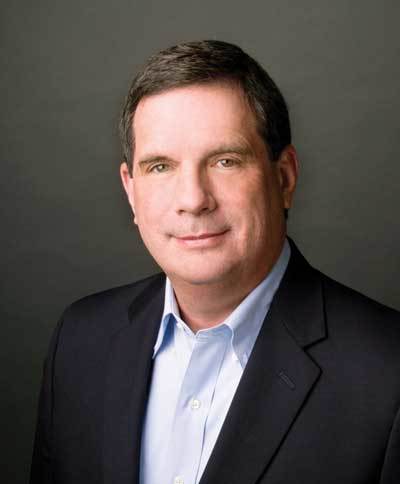5 Reasons Millennial Pastors Are Not Moving to Larger Churches

They are the largest generation in America's history. At 78 million persons, they surpassed the Boomer generation by two million. Born between 1980 and 2000, they are shaping our businesses, our government, and our culture.
And they are shaping our churches.
As a Boomer, I remember well how pastors were viewed just a few decades ago. In the 1960s, 1970s, and 1980s, the "successful" pastors were those who made it to large county seat churches. In the 1990s and early 2000s, the measure of success was leading larger churches.
The times they are a' changin' (Bob Dylan, for the uninformed).
To be sure, there are still Millennial pastors moving to larger churches. And these young adult leaders are not averse to megachurches.
But more Millennial pastors sense God's call to the smaller and mid-size churches. Why has their attitude been so different from their predecessors?
I asked a number of these young leaders, and here are five of the responses they gave me.
1. They want to invest their lives in a community.
The Millennial pastors as a whole are highly community focused. And they realize that they and their churches will not be fully embraced in a short period of time.
2. They want more stability for their families.
To be fair, these young leaders will not deny a call to another community or even another country if they sense God's call in that direction. But any move has to be convincing, convicting, and compelling. I know. I moved my family four times in ministry. I am not sure I followed God as much as my own selfish ambitions.
3. They don't measure ministry success and fulfillment by numbers and size.
Another caveat is in order. These Millennial pastors do desire to reach more people. They truly want to make more disciples. But their worth and esteem is not measured by "what they are running."
4. They are starting new churches.
This generation is a church planting generation. Many of them desire to stay with those churches for the long haul.
5. They are leading church revitalization.
They are sufficiently wise to understand that the turnaround of a declining established church is a long-term endeavor. They are willing to make such commitments to win trust and lead revitalization.
As with any generation, we must be careful with generalizations. There are always exceptions and differences. But, as a rule, Millennial pastors have a much longer-term perspective on church tenure. And they see their ministries fulfilled by lives being changed and communities impacted. If the result is a larger church, they are fine with it. But numbers and size are not their measures of success, contentment, or obedience.
This article was originally posted here.





















